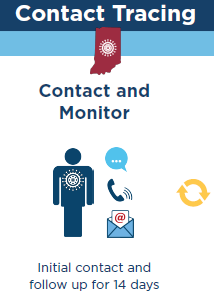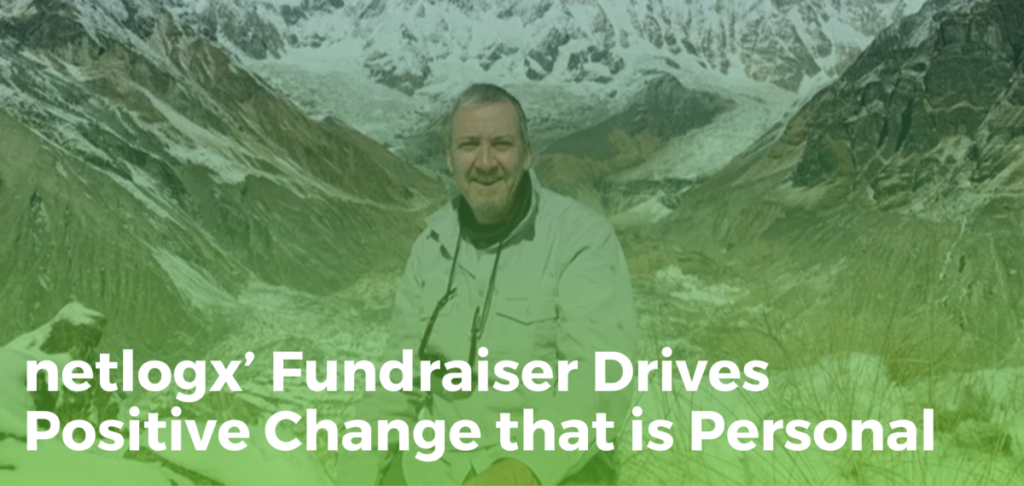Contract tracing in the Hoosier state is nothing new, as public health officials routinely keep track of exposure to infectious diseases, such as HIV, measles, and tuberculosis. Never, however, has it been done in Indiana on such a large scale that has been necessary to help battle the current COVID-19 pandemic. To date, the number of COVID-positive cases in the state has surpassed 43,000 and more cases are reported daily.
To help meet the huge demand to track down everyone in Indiana who tested positive for coronavirus and whom they may have exposed to this highly-contagious disease, the state in May hired Maximus, a large customer-service based government contractor. Maximus was charged with quickly standing up a call center with 500 contact tracers to address the COVID positive cases reported statewide. The goal was to be more efficient and help take the tremendous burden off local public health departments.
Joint Public and Private Engagement
The Indiana State Department of Health (ISDH) brought in reinforcements from its sister state agency, the Family and Social Services Administration (FSSA) to also assist with this massive undertaking. Former netlogx senior consultant Tara Morse, who is now the FSSA’s IT director, was tapped to provide project management assistance to help establish the Maximus call center and to develop a centralized technology-based database for tracking and reporting COVID-19 contract tracing results.
Morse, in turn, reached out to netlogx to provide project coordination assistance, since she is intimately aware of our expertise and we are currently a longstanding trusted FSSA vendor. netlogx is now working directly with Morse providing general project coordination support, such as tracking action items, and developing presentation materials and training guides for local health departments, which continue to be involved.

Image courtesy of Indiana State Department of Health
Importance of Contact Tracing
Contact tracing is a laborious, time-intensive job, since it may take numerous calls and other attempts, such as text messages and letters, to reach the intended recipients. The purpose is to develop a better understanding of how the virus is spreading and to warn people who might not know they are infected.
Some people who have contracted COVID-19 may have exposed others without knowing it. COVID-19 positive cases are asked to provide the people and/or places that they have been in close contact with during their infectious period. Individuals notified by Indiana’s contact tracers of their potential exposure are asked to follow the self-isolation or self-quarantine guidelines provided by the contact tracers in an effort to minimize the risk of infecting others.
The ISDH regularly monitors Indiana’s COVID-19 contract tracing results daily. As the country and the state begin to re-open, exposure rates are increased and could lead to continuing the cycle of new cases. Contact tracing has been a proven way to curb other infectious diseases in the past and public health officials hope this will prove true with the coronavirus as well.

netlogx is a leading consulting services company that helps government entities, businesses, and nonprofits operate more efficiently with our project management, business process consulting, and strategic consulting services. As a well-established woman-owned business with consultants across the country, netlogx leverages industry standard methodologies and best practices to support our clients and bring projects and visions to successful completion.



